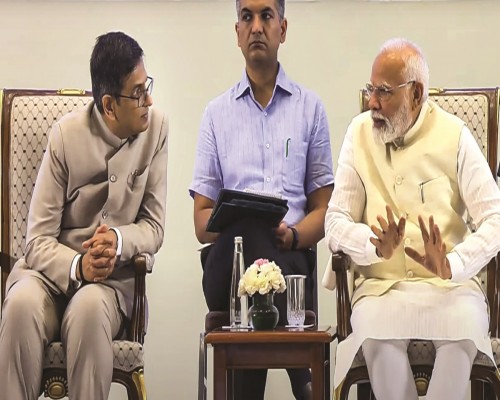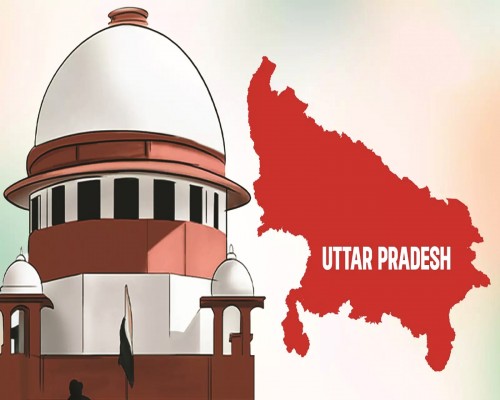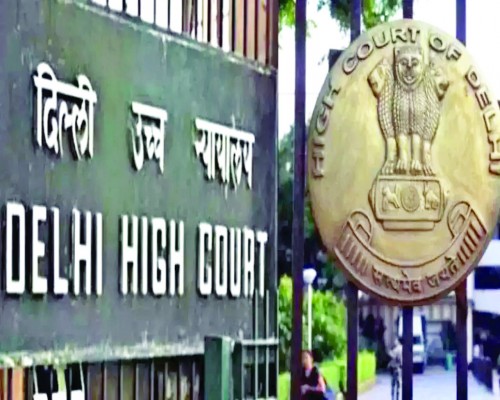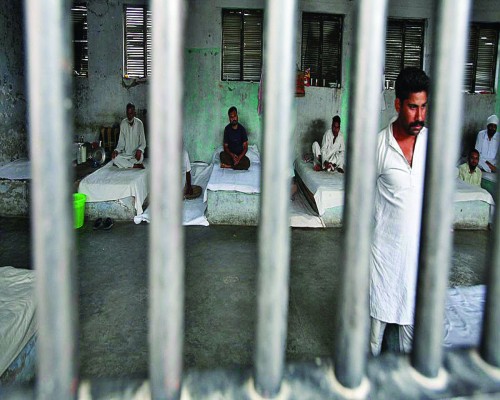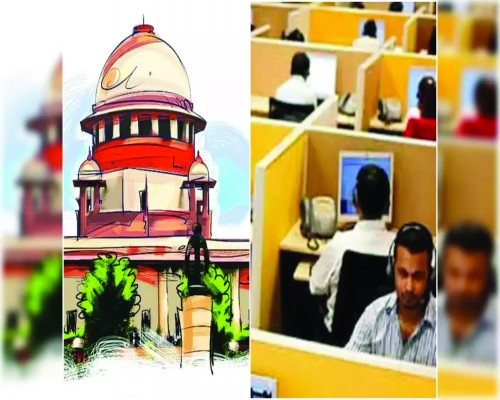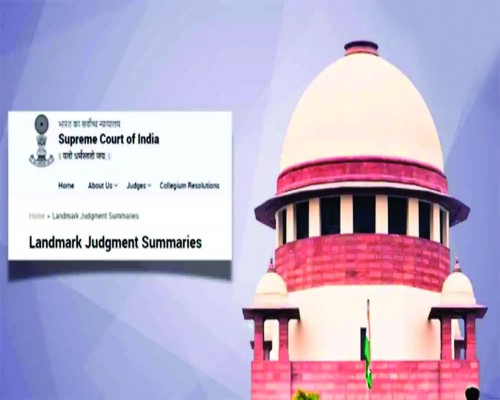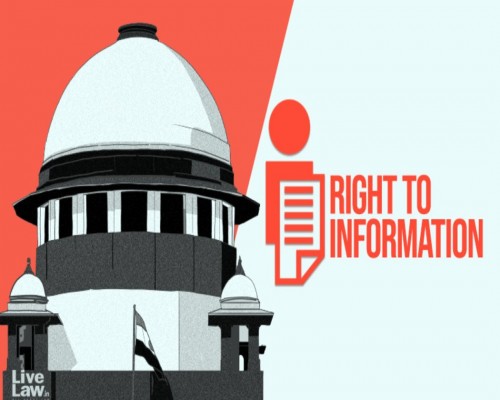Failure to State Grounds for Arrest Violates Fundamental Rights: Supreme Court

The Supreme Court has ruled that failure to inform an accused of the grounds for their arrest is not just a procedural lapse but a direct violation of their fundamental rights under Article 22(1) of the Indian Constitution.
A bench comprising Justice Suryakant and Justice Dipankar Datta emphasized that the police must clearly state the reason for arrest in language that the accused can understand easily. Simply informing someone of their arrest is not enough; authorities must explain the legal grounds.
Key Observations by the Supreme Court
• Right to Know the Reason for Arrest – Under Article 22(1) of the Constitution, every accused person must be informed of the charges against them at the time of arrest.
• Not Just a Formality – The court clarified that this is not a procedural formality but a constitutional necessity to protect individual liberty.
• Written Justification for Arrest Is Mandatory – If an arrest is made without specifying the reasons in writing, it will be deemed illegal.
Important Legal Precedents
The court cited various cases where arrests were made without proper justification, stressing that:
• The burden of proof is on investigating agencies to establish that the accused was properly informed about their charges.
• Magistrates must ensure that any arrested person was given a clear explanation of their charges before granting police custody.
Implications of the Ruling
This ruling significantly strengthens constitutional protections for individuals against arbitrary arrests. The court reaffirmed that:
• Sections 21 & 22 of the Constitution safeguard personal liberty, and their violation can result in legal consequences for law enforcement agencies.
• Investigative bodies like ED (Enforcement Directorate) must prove compliance with Article 22(1) when making arrests.
This landmark decision reinforces the constitutional commitment to personal liberty and ensures that law enforcement agencies uphold due process and transparency in arrests.



